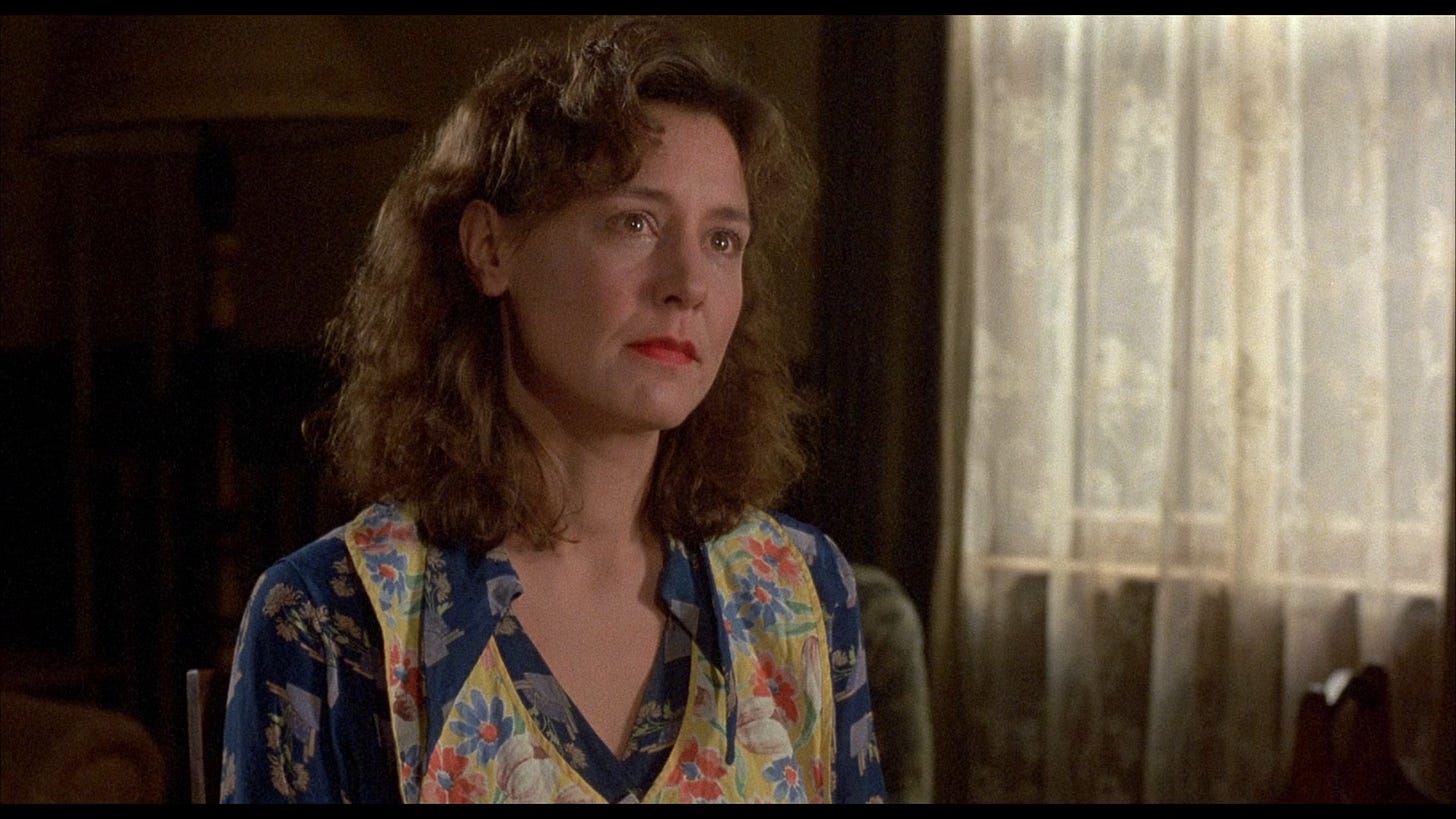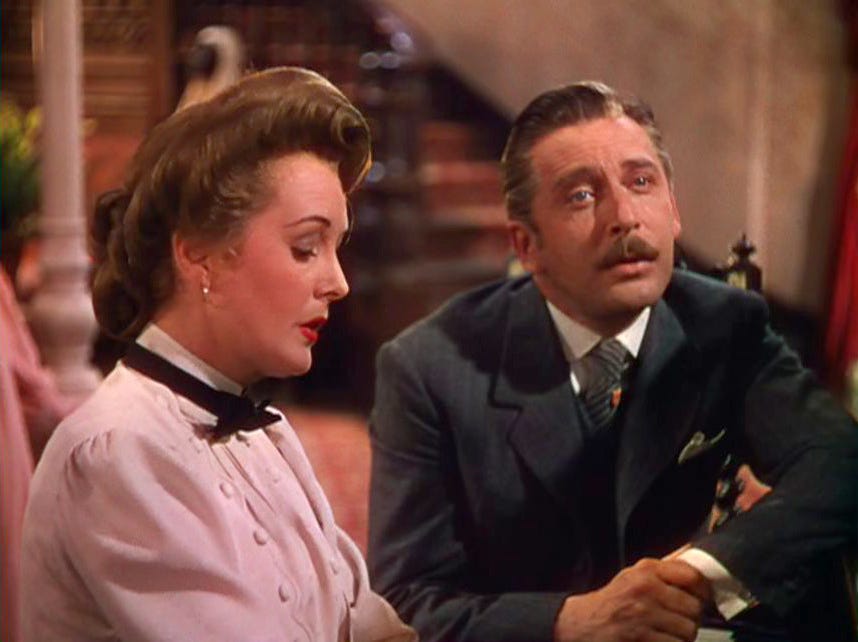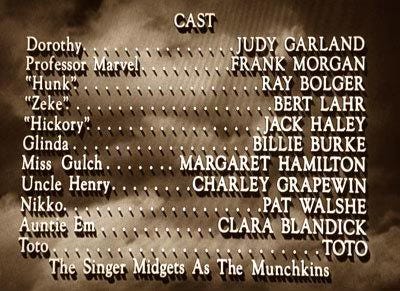The best way out is always through.
[some thoughts on Robert Frost, plus other thoughts]
[first published November 11, 2024]
This morning, as I was french pressing my coffee, this popped into my head:
“The best way out is always through.”
I don’t imagine that I need to overexplain, or even perhaps to explain at all, why that popped into my head this morning, this week, certainly not after last week, because you’re all terribly smart people.1
“The best way out is always through” is something I first encountered independent of any attribution—I suppose I thought that it was one of those freestanding anonymous maxims one often runs into—but its source, I was eventually surprised to learn, is Robert Frost’s poem “A Servant to Servants”:
By good rights I ought not to have so much
Put on me, but there seems no other way.
Len says one steady pull more ought to do it.
He says the best way out is always through.2
Surprised, I say, because I have never been much of a reader of poetry, and quite likely a great part of the reason for that is Robert Frost—or, more fairly, being taught, badly, in junior high school, “The Road Not Taken.” Because if there’s any way to kill enthusiasm for a piece of writing, particularly poetry, it’s to lurch past what is it?, what is it simply, literally about?, and let’s listen to its words, to the very sound of it and head straight for but what is it meant to mean and what moral lessons can be drawn from it or, more likely, imposed upon it?3
I’m still not the world’s most avid poetry reader, though eventually attending the play The Belle of Amherst inspired in me great affection for Emily Dickinson’s work, which I subsequently read and have reread a lot,4 and, more recently, I’ve become devoted to the work of my fine friend Paul Pastor, and I bet you would like his work too.


I did also eventually get around to reading a lot of Robert Frost—as a kind of penance, I suppose, for wrinkling my nose for decades every time his name was mentioned—and you know what? He’s a really good poet!5
Which is why I was similarly pleased—even more pleased, truly—to learn that another of those initially unattributed maxims I’d stumbled upon somewhere or other and repeated to myself endlessly is also one of Frost’s:
“No surprise for the writer, no surprise for the reader.”6
I think it’s amusing—and no doubt illustrative of mindset or character or some such—to have little sayings dancing around in one’s head from time to time.
Others of my favorites, just for the record, are:
“Think what you like, Lucille.”7
“Alonzo, every telephone call isn’t for you.”8
“A village explainer, excellent if you were a village, but if you were not, not.”9
to say nothing of
“Dump her in Red Hook!”10
Any old way, “No surprise for the writer, no surprise for the reader” is often in my head when I sit down to write one of these ’stack pieces and find my mind and my typing fingers helplessly darting in directions I couldn’t possibly have foreseen. Sometimes the helpless darting is amusing, sometimes it’s alarming, but most often, I find, it’s simply (besides surprising) rewarding and even revelatory (at least to me) to find myself typing out something unexpected that I might not ever have consciously set out to type out.
Because what I intended to write about an hour or so ago when I pulled the metaphorical cover off my metaphorical typewriter, and almost forgot about entirely, is a basic copyediting point about today’s holiday, which is Veterans Day.
Simply that. It is indeed, officially, Veterans Day, sans apostrophe: a day of and about veterans, not belonging to them.11 And do bear in mind that Veterans Day is the one that used to be Armistice Day. The one that used to be Decoration Day is Memorial Day. And Flag Day is something else entirely.
You might thus, in a similar vein, make the case that Mother’s Day would do well to be Mothers Day—a day of and about mothers, not belonging to them, plus the whole Heather Has Two Mommies angle—to which I can only reply that it might do well to be that but so far it ain’t.12 Time, as they say, will tell.
It’s also worth noting, as long as we’re leafing through the calendar, that the holiday we tend to refer to as Presidents Day is still, officially, Washington’s Birthday, though it is also also worth noting that Washington’s Birthday never falls on Washington’s birthday, a fact that emits huge “I can’t operate on this child, he’s my son” energy.13
In any event, today is indeed Veterans Day. And if you have it off, I hope you’re enjoying it.
Taking Care of Business
Thank you for being here, thank you for following, thank you especially for subscribing. All of this substackery of mine is free and will remain that way, which means that if you have chosen to contribute to its and my upkeep14 you are doing something you don’t have to do, which makes your generosity that much more resonant, and I am profoundly grateful. If you’re not yet part of that contributing crew and there’s a part of you that’s thinking “Who would have thought that apostrophes and commas could be so much fun?” and you choose to join the crew, I will be eternally (or at least monthly or annually) in your debt.
P.S. Please don’t be shy about asking reasonably relevant questions in the comments, which I do read thoroughly. If I can answer them immediately and succinctly, I will. Or perhaps they’ll be the inspiration for a later ’stack.
If you ever have the option of saying/writing something like “because you’re all terribly smart people” rather than something like “because you’re not idiots,” I would urge you to choose the former. This is a point not of copyediting but of, besides niceness, effective communication: More often than not, I’ve found, positive is better (and better received) than negative, “do” is better than “don’t,” “let’s” is better than “let’s not,” “should” is better than “shouldn’t” (though to be honest I’m not much keener on “should” than I am on “shouldn’t”; the attendant senses of obligation and virtue are immediately exhausting to me), etc.
If I were the sort of person prone to having words tattooed around his clavicle, “The best way out is always through” would be, I think, a prime candidate for tatouage. I am not at all opposed to ink, to be sure—I’ve already been repeatedly decorated—but I have an utter horror of the idea of someone permanently etching words into my skin and misspelling something.
Similarly, I suspect that many people’s enthusiastic aversion to Edith Wharton’s Ethan Frome, which is a perfectly marvelous novella, concerns having had that g.d. red glass pickle dish endlessly, tediously shoved down their throats in A Lesson On Symbolism.
The em dashes! The capital letters! I love her stuff.
Because I could not stop for Death—
He kindly stopped for me—
The Carriage held but just Ourselves—
And Immortality.
You know who else is a really good poet, speaking of old dead white guys? Carl Sandburg. Go figure.
It’s from his “The Figure a Poem Makes,” as is “Like a piece of ice on a hot stove the poem must ride on its own melting. A poem may be worked over once it is in being, but may not be worried into being.”
It’s from Marilynne Robinson’s Housekeeping, and I can’t tell you how many times I’ve muttered it over the decades since I first heard it emerge from the lips of the divine Christine Lahti in the 1987 film thereof, which devoted readers of this ’stack series may have already noticed I mention at the drop of a hat, often accompanied by this photograph:
(I was once told that at the conclusion of a reading, Marilynne Robinson, facing down a particularly tedious and contrary more-of-a-comment-than-a-question, muttered: “Think what you like, Lucille.” Gosh, I hope that’s a true story.)
(Also, I would never say that I muttered something under my breath, because the way I hear muttering it’s by definition under one’s breath.)
That’s from the film Meet Me in St. Louis, whose script, by Irving Brecher and Fred F. Finklehoffe, is positively brimming over with things I find myself muttering, including the occasionally handy “Cabbage has a cabbage smell” and the always handy “Oh, Rose, you’re so stuck up” (which, I’m delighted to note, comes straight from Sally Benson’s source novel).
Gertrude Stein, The Autobiography of Alice B. Toklas. Stein is talking about Ezra Pound.
“We met Ezra Pound at Grace Lounsbery’s house, he came to dinner with us and he stayed and he talked about japanese prints among other things. Gertrude Stein liked him but did not find him amusing. She said he was a village explainer, excellent if you were a village, but if you were not, not.”
I’d like, as the kids say, to report a murder.
Also, should one add a [sic] after “japanese”? Of course not. All of Gertrude Stein is [sic]; it needn’t ever be stated.
Every now and then some online someone howls at me for making obscure references without explaining them to utter death (thus my affection for “Alonzo, every telephone call isn’t for you”), and I’d like to assert in my defiant defense that you’ll rarely find me dropping some arcane mot that you can’t google your way to in 2.5 seconds, if you really care to. And this is one of those.
See also, for my money: farmers market.
When Anna Jarvis devised our U.S. version of Mother’s Day a bit over a century ago, she specifically noted that “Mother’s” should “be a singular possessive, for each family to honor its own mother, not a plural possessive commemorating all mothers in the world.” Which makes Mother’s Day the only holiday I can think of that emerged from the womb with a copyediting rule clutched in its hand.
Oh, OK, I’ll be a village explainer for a minute. If you are not a middle-aged or older person, you may never have encountered, in childhood, the brain teaser about the father and son who get into a horrible car accident, which kills the father immediately, and how the son is then wheeled into an operating room and inspires, from the aghast surgeon, the exclamation “I can’t operate on this child, he’s my son!” If you are not a middle-aged or older person, you might be shocked to learn that “The surgeon is the boy’s mother, duh” did not immediately leap into most teased brains back in the day. I know, right? (Also: Just operate on the kid, lady, OK? Don’t be such a drama queen.)
The other big brain teaser of my distant youth, as long as we’re here, involved, in its most baroque version, a locked-from-the-inside room, a dead-by-hanging little person (who would certainly have been referred to back then as a midget), a puddle of water beneath said hanged little person, a cane lying forlornly off in a corner, and a pile of wood shavings concealed under a rug). Feel free to google your way to that; it’s out there.
And speaking of midgets (good lord, he’s completely free-associating now), I must have watched The Wizard of Oz any number of times before I learned that the Singer Midgets were not so-called because they were midgets who sang but because they were midgets who were managed by a fellow named Leo Singer.







This is no doubt well known to you and your brilliant community of readers, so forgive the redundancy, but I can't resist. Apropos of the musical values of Frost and Dickinson: "Stopping by Woods on a Snowy Evening" can be sung to "Hernando's Hideaway," and c. 75% of Dickinson's canon to "The Yellow Rose of Texas."
I think perhaps we *shall* make it through the next four years, with your help. Thank you, Benjamin. Number twelve's footnote is a hoot!